
COVID-19 Risks Outlook
A Preliminary Mapping and Its Implications
Recommendation
Global efforts to contain and mitigate the damage caused by the novel coronavirus pandemic have revealed a number of weaknesses in political, economic and societal systems in many nations. While the long-term effects of the crisis remain uncertain, it’s no surprise that, according to the World Economic Forum’s survey of nearly 350 senior-level executives, the world’s top risk managers see a deep recession as the biggest threat. The report offers a nuanced look at how COVID-19 might skew tax policy, sabotage sustainability efforts and create destabilizing levels of unemployment.
Summary
About the Authors
The World Economic Forum is an NGO committed to improving the state of the world via public-private cooperation. The organization is headquartered in Switzerland.


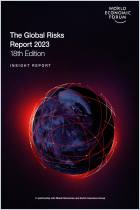
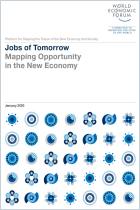
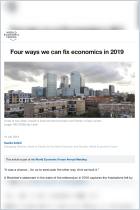
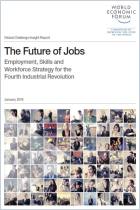
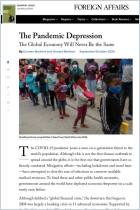
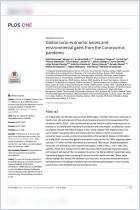
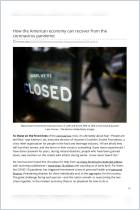
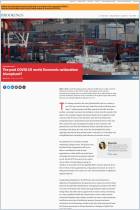
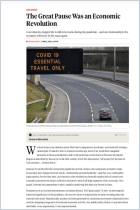




Comment on this summary